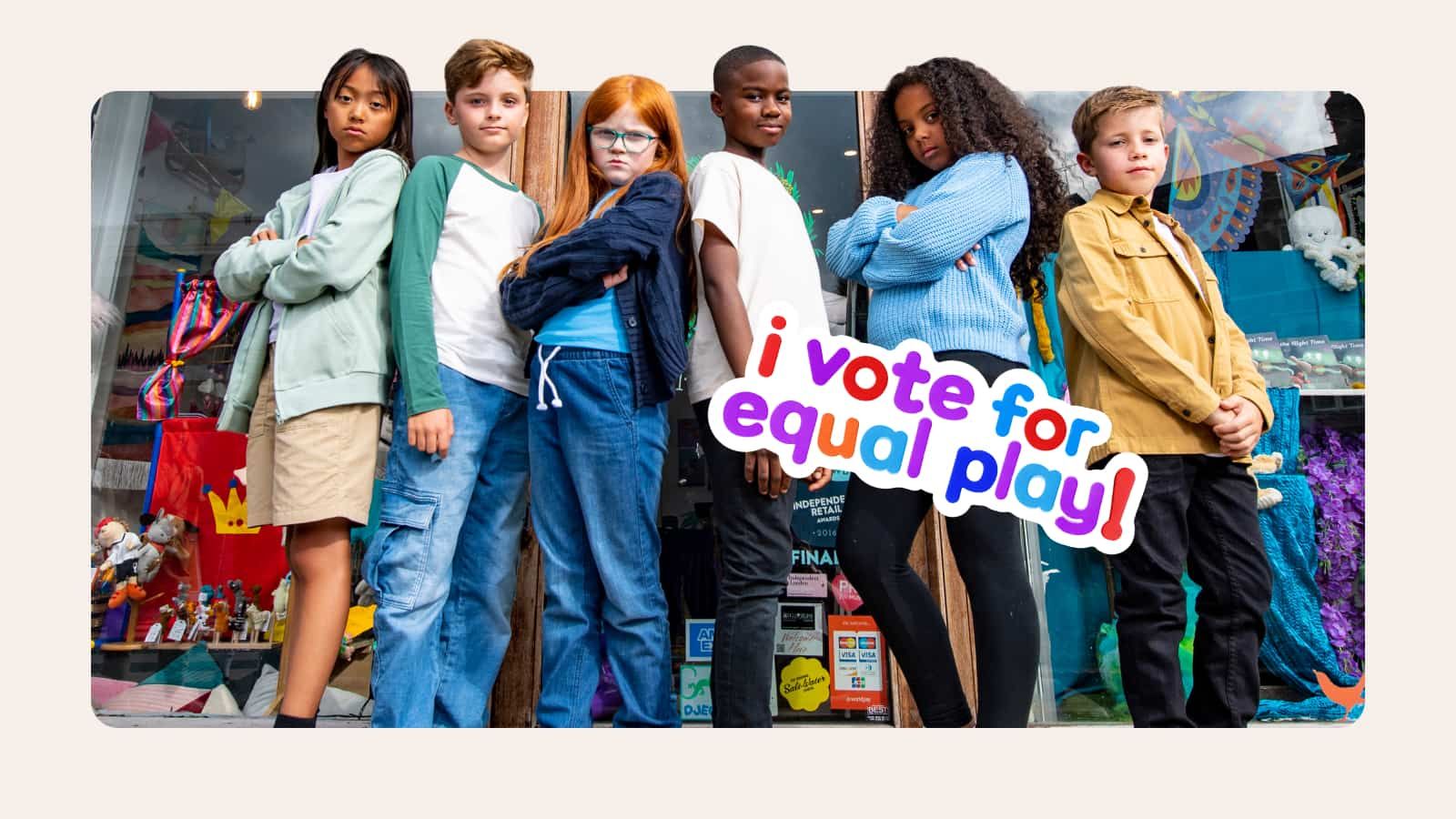If you’ve nailed talking to the kids about money, but the rest of the family aren’t involved, it can still be a tricky subject to navigate. It’s crucial, therefore, to talk through money matters with the wider family to make sure everyone’s on the same page and none of the kids feel short-changed.
Maybe granny wants to give your eldest a bigger amount because ‘they’re the oldest’, or you live separately from the other parent so money matters have become confused. Perhaps uncle Bob is being too prescriptive with what Max does with his birthday money. Whatever the reason, whoever is involved, here are some tips for how to talk to the family about pocket money:
1. Set ground rules for one-off monetary gifts
We know the Gender Pay Gap exists, so let’s make sure it doesn’t start in childhood. Parents and carers should be steadfast in giving kids equal amounts – regardless of their gender. There may be other reasons you’re comfortable with unequal amounts (for example: one is older, or has had a tough time recently), but whatever your stance, communicate this to family members. If at some point one receives more than the other(s), you could ask those family members to make sure that the next time they give money, they prioritise the short-changed kid(s). Tell family to be open and honest with the kids about why unequal amounts have been given and to reassure them.
2. Encourage transparency and reasoning with your children
Just as you have begun to open up to the kids about money and offer a clearer picture of household finances, ask the other adults in their lives to do the same. When aunty takes them for a day out, she could mention the cost of things and the reasoning behind her decisions. If grandpa decides to slip your youngest a fiver, ask him to explain his decision to the kids and to tell the older ones it’ll be their turn next… and stick to that. You could also encourage the kids to negotiate their pay for certain tasks – if they think they deserve more for hanging out the washing than tidying up the toys, get them to present their reasons why!

